The Integration of Acupuncture into Western Medicine: Bridging the Gap Between East and West
I wanted to write this article to explain why Acupuncture and Chinese medicine can bridge the gap in your healthcare plan. Integrating Traditional Healing practices such as Chinese Medicine, Ayurvedic Medicine, Functional Medicine, Chiropractic, Energy Medicine, etc. with Western Medicine creates a much more dynamic and holistic approach to your treatment plan. In recent years, there has been a notable shift in the landscape of healthcare, with an increasing recognition of the value of integrating traditional healing practices with modern medical approaches. Acupuncture, a cornerstone of traditional Chinese medicine (TCM) dating back thousands of years, is one such practice that has gained traction in Western medicine.
The Evolution of Acupuncture:
Acupuncture originated in ancient China and has been used for centuries to treat a wide range of ailments and promote overall well-being. Traditionally, it was based on the concept of balancing the body's vital energy, or Qi, by stimulating specific points along energy pathways known as meridians. While the traditional understanding of acupuncture may differ from Western medical concepts, its efficacy and therapeutic benefits have garnered attention worldwide.
Integration into Western Medicine:
Studies have shown that acupuncture can be effective in managing pain, reducing inflammation, alleviating stress and anxiety, improving sleep, and enhancing overall quality of life. As a result, acupuncture is being utilized in the treatment of various conditions, including chronic pain, musculoskeletal disorders, neurological conditions, mental health disorders, and more.
This integration is driven by mounting scientific evidence supporting the efficacy of acupuncture for various conditions, as well as growing consumer demand for holistic and non-invasive healthcare options. As an acupuncture provider, I want to know what other therapies a patient is doing to be able to be an integral part of their healing plan.
Today, acupuncture is being offered in many hospitals, clinics, and medical centers alongside conventional treatments, signaling a significant shift in healthcare paradigms. Medical professionals, including physicians, nurses, and physical therapists, are increasingly incorporating acupuncture into their practice, recognizing its potential to enhance patient care and outcomes.
Bridging East and West:
Acupuncture is increasingly being integrated into multidisciplinary treatment plans, complementing conventional treatments such as infertility, addictions, physical therapy, gastroenterology, cardiac issues and even surgery. This collaborative approach allows for a more comprehensive and personalized approach to patient care, addressing not only the symptoms but also the underlying root causes of illness and imbalance.
The integration of acupuncture into Western medicine represents a significant step forward in healthcare, offering patients a broader range of treatment options and promoting a more holistic approach to healing. By bridging the gap between Eastern and Western Medicine, acupuncture exemplifies the potential for synergy between ancient wisdom and modern science. As research continues, you’ll be seeing more acupuncture integrated into hospitals and western medicine approaches. For more information, please visit our other pages at www.aculaura.com or call with any questions you may have on how acupuncture can enhance your other treatment plans.

